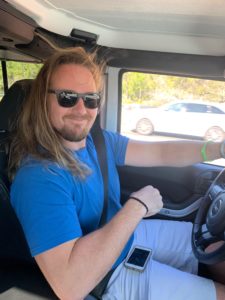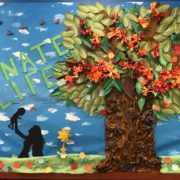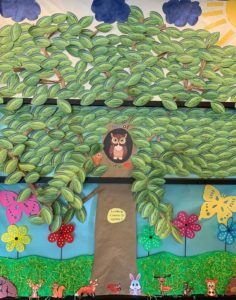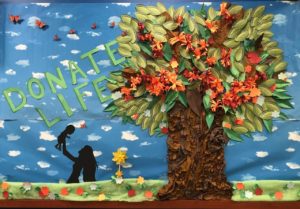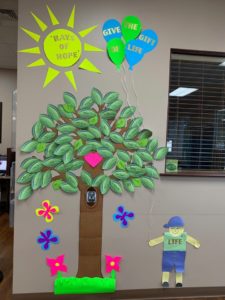Silent Celebration
They say a picture is worth a thousand words. The same can be said of a Donate Life flag waving in the wind. This silent visual illustrates a bold yet heartfelt statement about the legacy of an organ donor and the significance of sharing the Gift of Life.
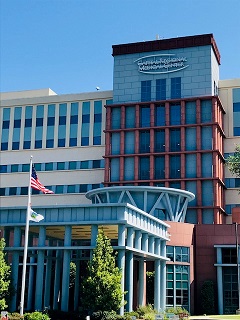
The Donate Life flag at Capital Regional Medical Center.
Raising the Donate Life flag is just one way LifeQuest recognizes our donor families for their generosity and sacrifice. The flag is prominent at private memorials, Honor Walks and public celebrations, too. It represents our continuing effort to raise awareness about organ, eye and tissue donation.
Donate Life flags serve as a symbol of unity, trust, and hope, while honoring those touched by donation and transplantation. The flag celebrates the hundreds of thousands of donors and recipients whose lives have been impacted.
Nearly 109,000 Americans — more than 5,000 of them in Florida — are on the transplant waiting list for life-saving organs. There were 40,000 organ transplants performed in the United States in 2019.
Donor families share a special reverence of the Donate Life flag and the ideals it represents. Its simple design features the national Donate Life logo. This call to action is highlighted in blue and green, representative of the sky and earth, and it includes a swirl signifying the circle of life.
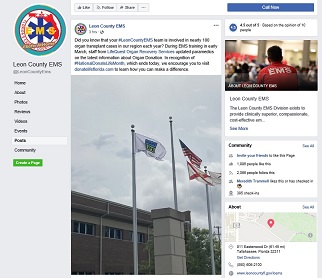
Here the flag symbolizes donor education at Leon County EMS.
If you have ever driven by a local hospital and seen the Donate Life flag on their flagpole, you probably wondered what it means. Our dedicated hospital partners and their staff are essential participants in honoring those who say ‘yes’ to organ donation.
Many partnering hospitals fly a Donate Life flag each time a donation occurs at one of their centers. The flag may fly for a day, sometimes for a week, revealing to the community and hospital staff that someone has just shared life, the greatest gift of all. After the flag has been flown, some hospitals present it to the donor family to keep. It is a meaningful reminder of the service and sacrifice needed to make the Gift of Life possible.
In addition to flying the Donate Life flag after a donation occurs, some hospitals and transplant centers, as well as recovery agencies, fly the Donate Life flag during National Donate Life Month in April. It is an easy way to start the conversation about donation and increase visibility of the life-saving power one person can have by registering with the Florida organ donor registry.
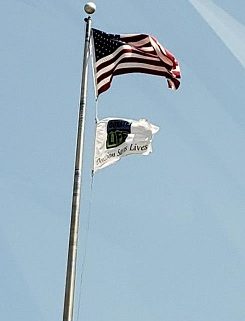
A Silent Celebration at Fort Walton Beach Medical Center.
Some hospitals partner with LifeQuest to host annual flag-raising ceremonies. Donor families, friends and members of the community are invited to attend. A hospital’s chaplain or a faith leader may share words of encouragement. Staff from the hospital and from LifeQuest, and donor family members and recipients also are invited to say a few words to honor the legacy of donors and the strength of donor families. The ceremonies offer families comfort and the opportunity to visit with healthcare teams who cared for their loved ones during the donation process.
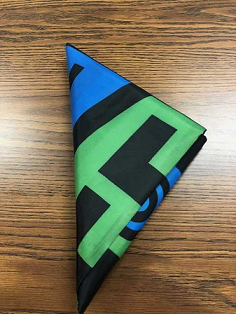
At Ascension Sacred Heart Pensacola, a folded flag is placed in the hands of the donor’s next-of-kin.
The Donate Life flag is also prominent during the Honor Walk, a reverent ritual designed to show respect for patients at the end of life who are donating organs to others. The donor’s hospital bed is sometimes blanketed with a Donate Life flag on its final journey from the intensive care unit (ICU) to the operating room (OR). The flag is folded and then placed in the hands of the donor’s next-of-kin. The cherished item can be passed down to children and grandchildren. A Donate Life flag may also be provided to drape the casket or accompany the urn of a deceased donor.
Transplants give hope to people with organ failure and improve the lives of countless patients. LifeQuest covers 36 counties in northern Florida, from Jacksonville to the east, to Ocala in the south, to Pensacola in the west. The donation service area supports more than four million people and consists of more than 70 partner hospitals.
LifeQuest appreciates our partner hospitals for joining in our flag program, which serves as a final tribute to an individual life the family has lost. Organ donation would not be possible without their help.

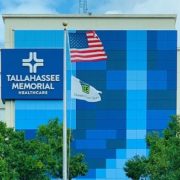
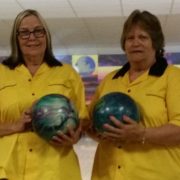


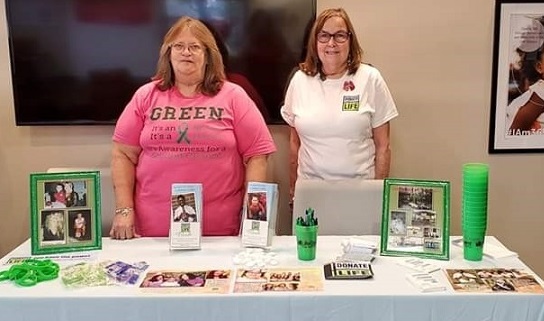
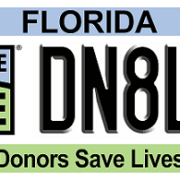
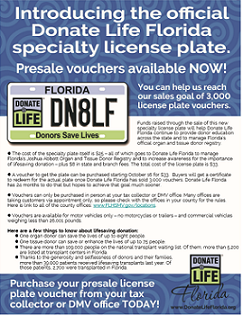
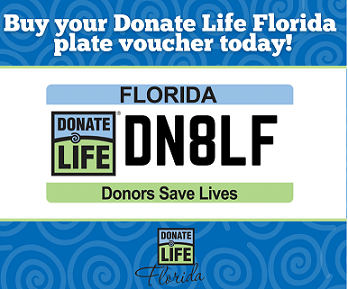
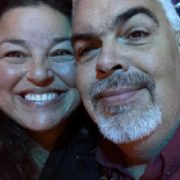
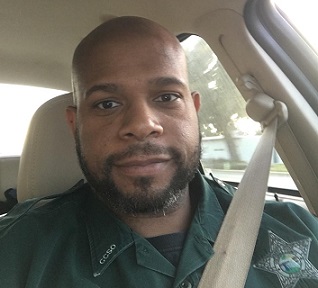
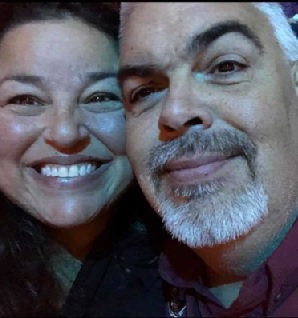
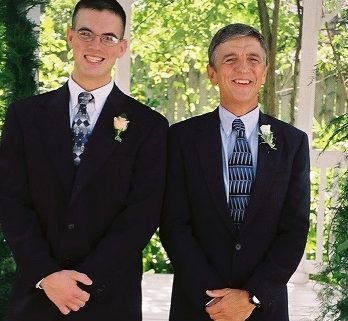
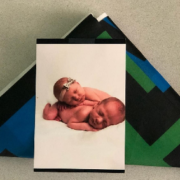
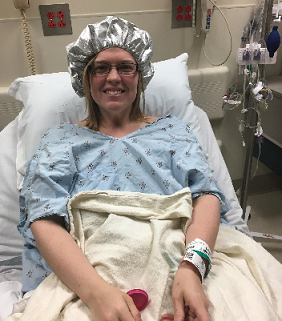
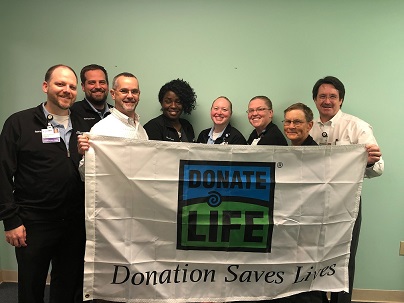
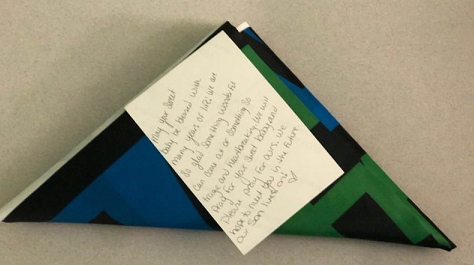
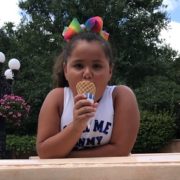
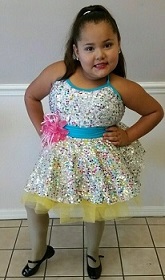
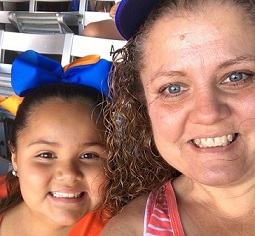
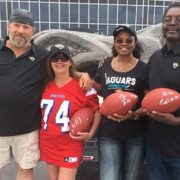
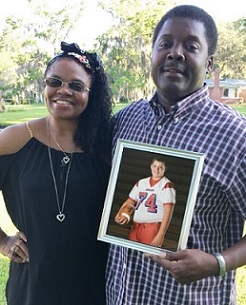
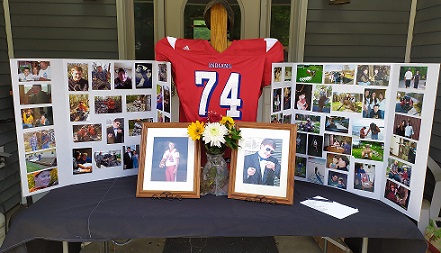
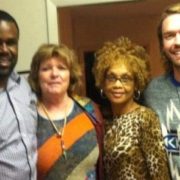
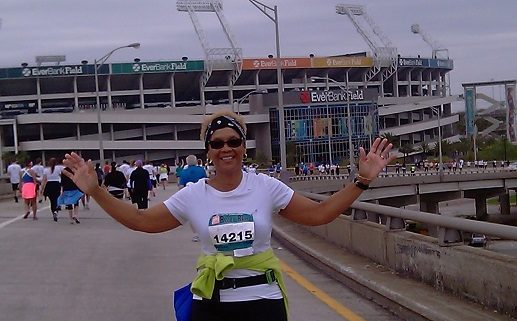
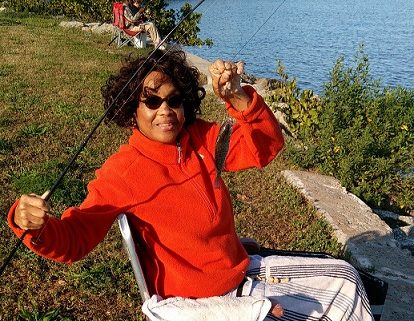
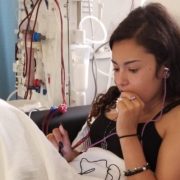
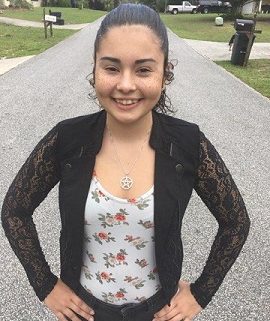
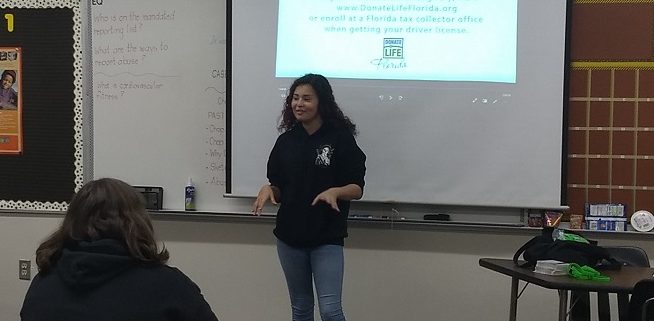
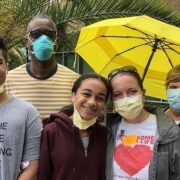
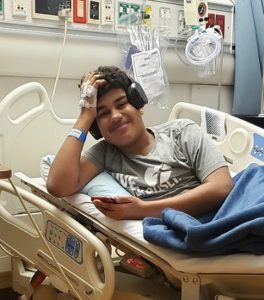
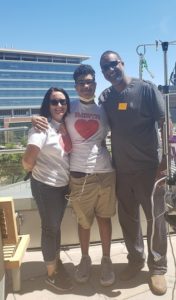
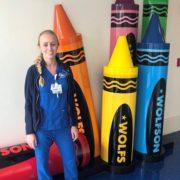
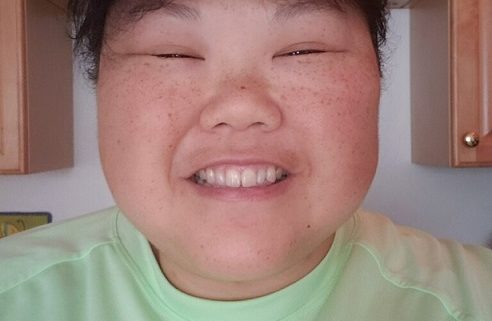
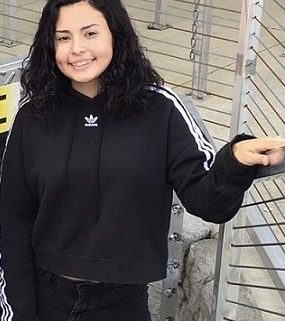
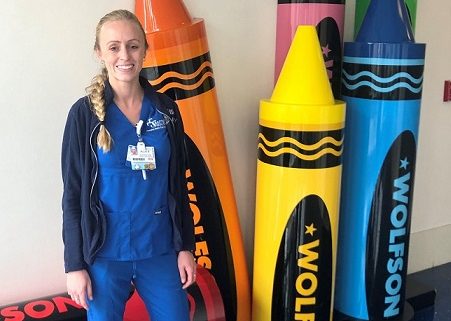
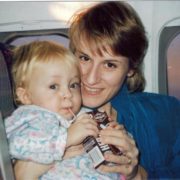
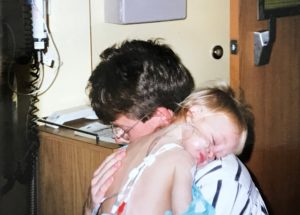
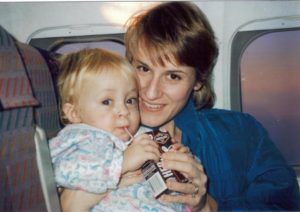
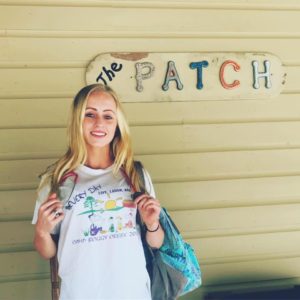
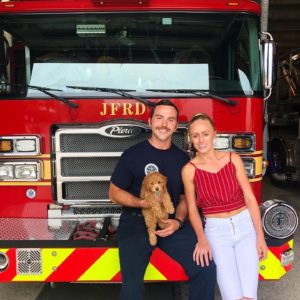
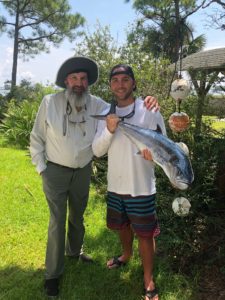
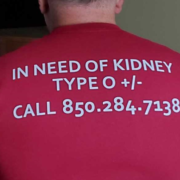

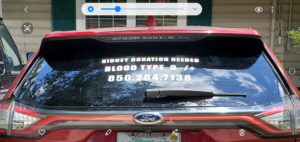

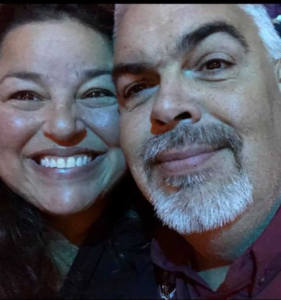
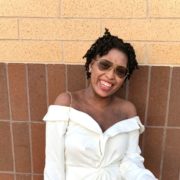
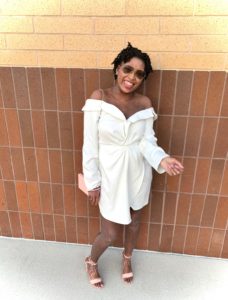
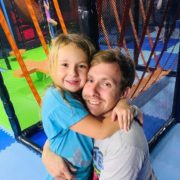
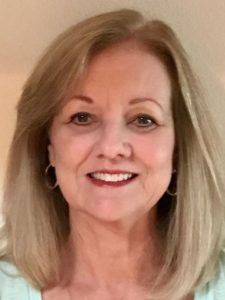
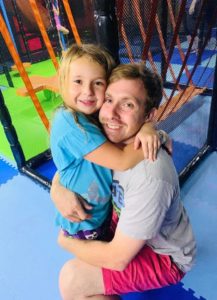
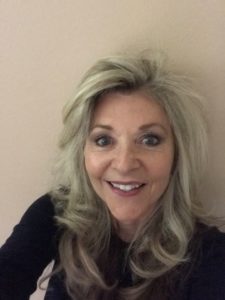
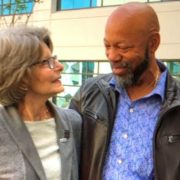
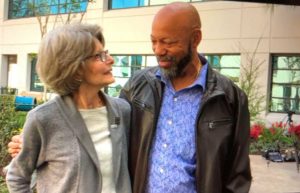
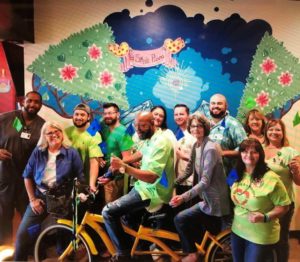
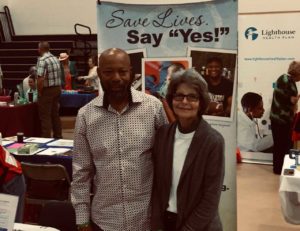
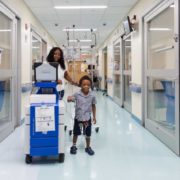
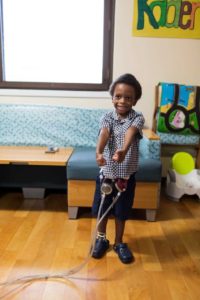
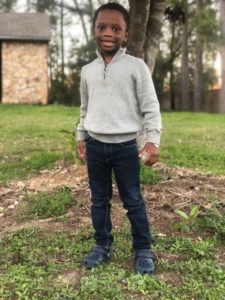
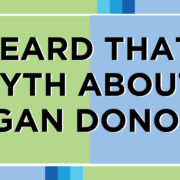
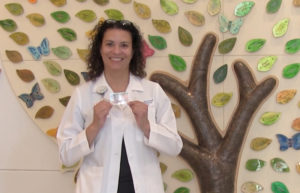
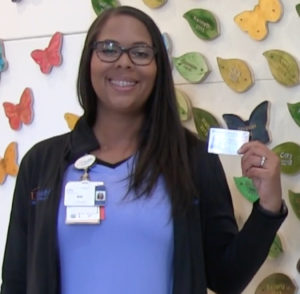
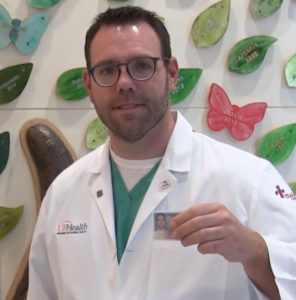
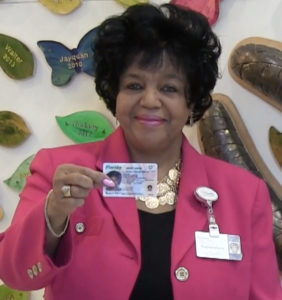
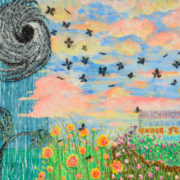
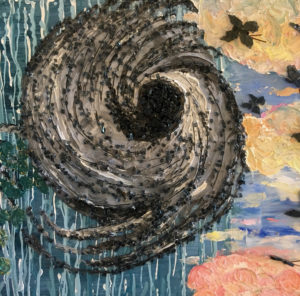
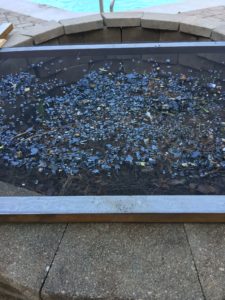

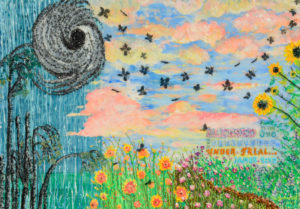
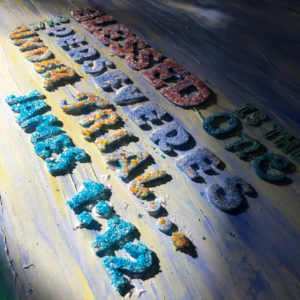

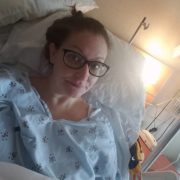
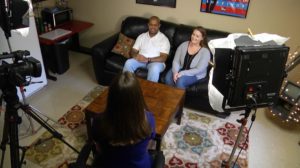
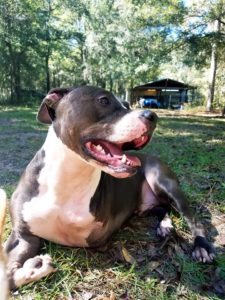
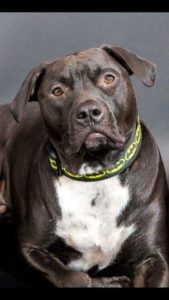
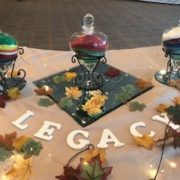
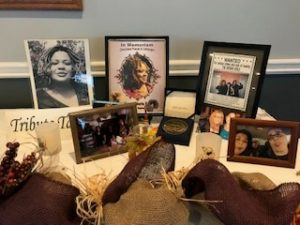
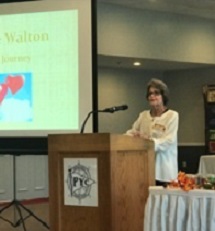
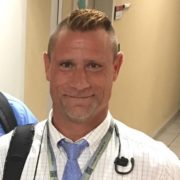
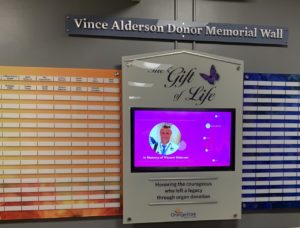
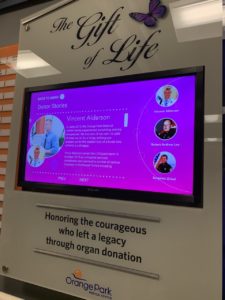
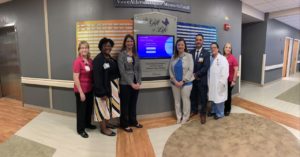
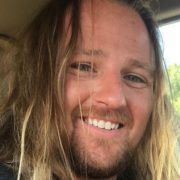
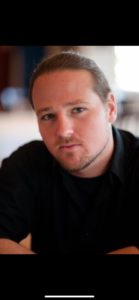 s and their families. She knows first-hand tributes like the Honor Walk can turn things around for donor families in their time of grief.
s and their families. She knows first-hand tributes like the Honor Walk can turn things around for donor families in their time of grief.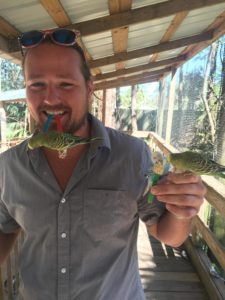 “Chuck was from this area,” said Adcock. “He was a young guy with a wonderful family. That probably made it a lot harder on all of us.”
“Chuck was from this area,” said Adcock. “He was a young guy with a wonderful family. That probably made it a lot harder on all of us.”